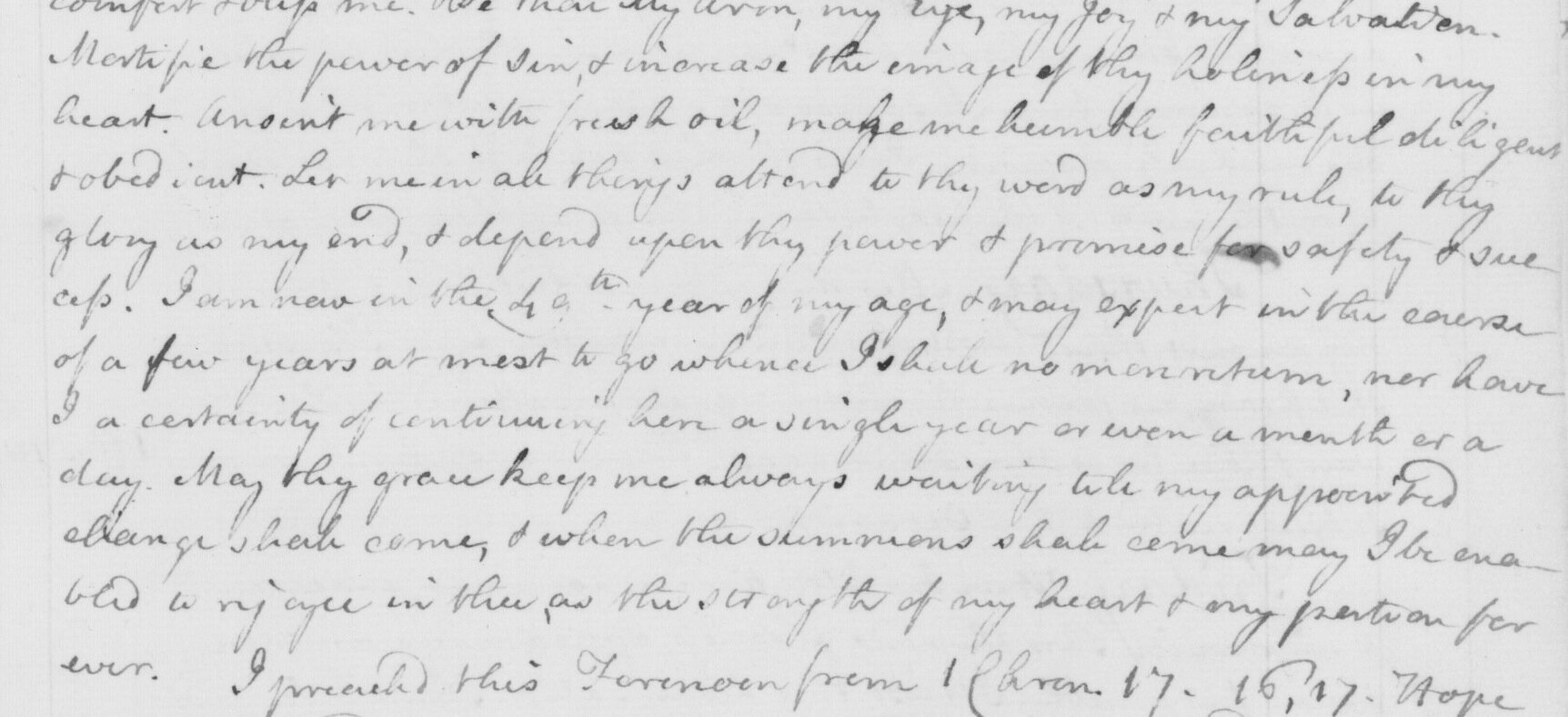
John Newton and the English Evangelical Tradition:
Between the Conversions of Wesley and Wilberforce
Description and Reviews
Oxford University Press, 1996.
Paperback edition, Eerdmans, 2000.
Dr. Hindmarsh draws upon extensive archival and antiquarian sources to provide a serious, scholarly consideration of the life and religious thought of John Newton (1725-1807). In addition, he uses the theme of Newton as a 'sort of middle man' to explore the religious understanding of a whole generation who knew themselves as 'evangelical' although this was different from those who later adopted the term as a badge of partisan loyalty. The author shows how Newton is related to other Church of England evangelicals, Methodists, and various Dissenting bodies, and how his life sheds light on little explored aspects of the Evangelical Revival which contribute to an understanding and reassessment of the eighteenth-century church. In addition to discussion of themes in historical theology, pastoralia, and spirituality, an analysis of conversion narrative, the familiar letter, and hymnody contribute to an understanding of the relationship between religion and culture more generally.
“This book cannot be too warmly commended for its comprehensive scholarship. We see Newton steadily and see him whole.”
— Gordon Wakefield, Theology
“a study packed with scholarship and characterized by theological erudition and sensitivity.”
— David Hempton, Anglican and Episcopal History
“a milestone in evangelical historiography.”
— Donald M. Lewis, Canadian Evangelical Review
“succeeds marvelously”
— Douglas A. Sweeney, Journal of Ecclesiastical History
“It is a fine offering, and has given your reviewer more pleasure than anything he has read for a long time. . . . This is a really notable volume, and one that will long delight and instruct English eighteenth-century scholars.”
— W. R. Ward, Church History
“This monograph is packed with acute historical and theological observation, based on wide manuscript research.”
— John Pollock, Church of England Newspaper
“This book is a gem.”
— Victor Shepherd, Christian Week
“The analysis offered by this study seems incontrovertable. Hindmarsh has deployed an unusual combination of historical, theological, and literary gifts to illuminate John Newton and the English evangelical movement he epitomized. . . . It rests partly on a number of fresh sources that Hindmarsh has uncovered. Its organization of its own themes is masterly. And it is so readable. It provides what is now certainly the best introduction to the world of eighteenth-century evangelicalism in England.”
— David Bebbington, Books and Culture
“John Newton (1725-1807) has a capable biographer in D. Bruce Hindmarsh. . . The fourth chapter on Newton's theology is worth the price of the book. I believe that no one has ever explained the growth of English Calvinism more clearly than has Hindmarsh. . . Anyone interested in recent Western European religion and intellectual development should read this volume.”
— Robert G. Clouse, American Historical Review
“A highly accessible, substantial and significant contribution to the history of evangelicalism, to the history of Christianity in England and to the history of modernity itself. It belongs in every serious religious library.
— John Stackhouse, Studies in Religion
“The work is solidly documented and wide-ranging and clear in its analysis and makes an important contribution to our understanding of the evangelical revival.”
— Frederick Dreyer, Journal of History
“[John Newton] was a good parson, and I am happy to have been introduced to his life by such a reliable biographer. On my next visit to London this unreconstructed papist will pay honors to Newton’s tomb at Saint Mary Woolnoth.”
— Lawrence S. Cunnignham, Commonweal
“This is a work of high scholarship that will satisfy a variety of tastes. . . One of Hindmarsh’s great strengths is the skill with which he draws on the recent historiography of eighteenth-century England and relates the various elements of Newton’s achievement to developments in the general culture of the day.”
— Alex Tyrrell, The Journal of Religious History
“I highly recommend this account of John Newton and his legacy.”
— Jerry L. Summers, Baptist History and Heritage
